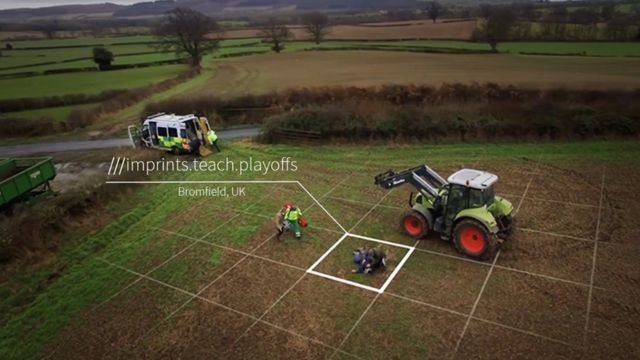Disruption is a term I often struggled with. It somewhat clouds what it means to bring about progressive change. The irony of purported disruptors such as Uber is they demonstrate that truly beneficial and lasting change comes from taking something for what it is and finding ways to marry it to a novelty. I think it’s fair to say that what3words’ disruptive overhaul of the geocode mapping system has the potential to have a lasting positive effect on humanity. Thanks to their brutally simply design, developing countries have been able to short-circuit the huge costs of old technological developmental by simply being able to locate themselves using the app. For those of you unfamiliar with the start-up, the idea is pretty simple: instead of an easily confused, difficult to memorise string of letters and numbers, the what3words alternative looks like this: ‘coffee.mission.strand’. The app untangles the ability to share an exact location by replacing endless geo coordinates as we know them. The guys behind the London company basically took a map of the world, split it into 57 trillion 3x3m squares, then provided three-word names for each.
As what3words founder Chris Sheldrick says, ‘In Dubai, India and many parts of sub-Saharan Africa, surprisingly large parts of the cities have no street names.’ Even in the UK, postcodes don’t always work. Their solution to the problem of accurately and memorably addressing the entire world is a breakthrough that has the potential to save millions of lives in third world countries. This will no doubt have an immediate impact on water, medical, and disaster recovery efforts. Their recent string of awards is a testament to the real-world potential of what3words.
